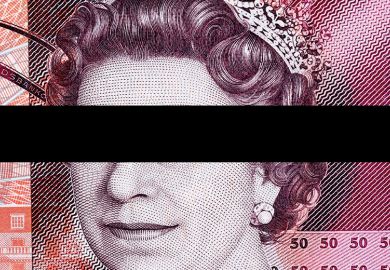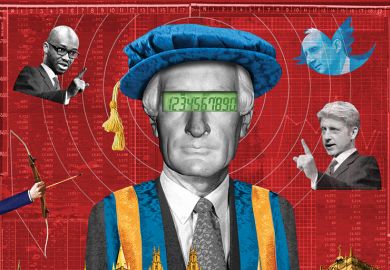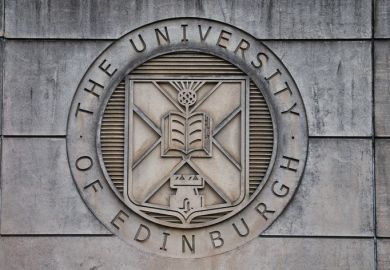UK university staff have been offered a 1.7 per cent pay increase for 2018-19.
The pay offer was made by the Universities and Colleges Employers Association, which negotiates pay for almost 150 UK higher education institutions, in its second meeting with union representatives on 13 April.
The proposed deal would also see a higher pay uplift for the lower paid.
Overall, it would mean that the average pay increase received by the sector employees covered would be in excess of 3 per cent once additional incremental rises linked to seniority are considered, said Ucea.
However, the 1.7 per cent offer is below the current inflation rate, as measured by the consumer price index, which was 2.7 per cent in March, having run at 3 per cent or above since October.
Trade unions have asked for a 7.5 per cent pay increase or £1,500, whichever is greater, as well as a £10 minimum wage that would see all higher education institutions become “living wage” employers.
Paul Bridge, the UCU’s head of higher education, said that the “sub-inflation opening offer does nothing to maintain the value of staff pay” and that the union had “asked Ucea to go back to their subscribers and seek a fresh mandate” for a higher offer.
Mark Smith, vice-chancellor of Lancaster University and chair of Ucea, said that universities were “committed to arriving at the best possible outcome we can in what are unprecedented times”.
Factors including decreasing student applications, a tuition fee freeze and a funding review in England, alongside real-terms funding decreases in devolved nations, had limited institutions’ ability to award higher increases, as had other uncertainties such as Brexit, said Professor Smith.
He said that Ucea had “discussed and responded to all elements of the trade unions’ claim, constructively exploring these within a context of increasing costs, uncertainty and significant financial constraint in the sector”.
“We ask that the trade unions carefully consider these positive moves towards a settlement,” added Professor Smith, who said that the final meeting between Ucea and unions, at the Joint Negotiating Committee for Higher Education Staff, would take place on 10 May.
Register to continue
Why register?
- Registration is free and only takes a moment
- Once registered, you can read 3 articles a month
- Sign up for our newsletter
Subscribe
Or subscribe for unlimited access to:
- Unlimited access to news, views, insights & reviews
- Digital editions
- Digital access to THE’s university and college rankings analysis
Already registered or a current subscriber?













